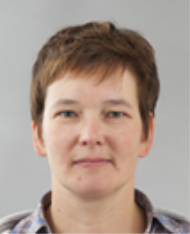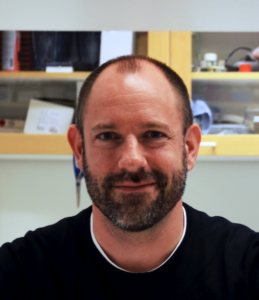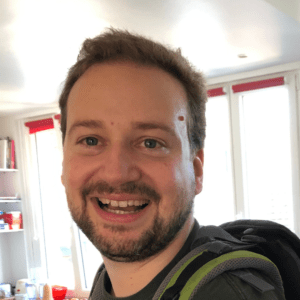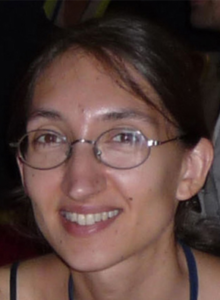 |
Julie Bakker (Belgium)
Julie Bakker is a research director of the Fonds National de la Recherche Scientifique (FNRS) and current director of the department GIGA Neurosciences at the University of Liège. Bakker’s research focuses on the neuroendocrine and genetic mechanisms underlying the sexual differentiation of the brain. She uses transgenic mouse models for more mechanistic studies as well as neuroimaging techniques (functional and structural MRI) and postmortem analyses of patients with disorders of sexual differentiation (DSD) or suffering from gender dysphoria (GD) to translate and validate findings obtained in animal models. She did her doctoral training in Endocrinology & Reproduction at the Erasmus University Rotterdam, The Netherlands, followed by a 4-year postdoctoral stay at Boston University, USA. |
 |
Christian Broberger (Sweden)
Christian Broberger is a professor of Neurochemistry at the Dept of Biochemistry and Biophysics, Stockholm University, Sweden. His research team studies the structural and functional organization of brain circuits that control instinctive behaviours. A primary focus is to understand how the membrane properties and connectivity schemes of particular neurons in the hypothalamus and cortex shape the expression of these behaviours and are subject to adaptive modulation as the needs and challenges of an animal change over lifetime. In recent years, the Broberger laboratory has identified a new brain region that controls sex-specific triggering of aggression and how an interplay between the endocrine system and the brain can determine if a male animal will engage in parental care of his offspring. |
 |
Nicolas Renier (France)
Nicolas Renier is a group leader at the Paris Brain Institute. He is developing a research program to understand the mechanisms and physiological impact of cerebral plasticity during development and in adult life. He is developing methodologies to map the microvascular cerebral network. His lab is also interested in the study of how hormones during pregnancy can shape maternal behaviors. He did his doctoral training at the Vision Institute in Paris and then moved to the laboratory of Marc Tessier-Lavigne in 2012 at the Rockefeller University in New York City where he co-developed the iDISCO+ and ClearMap methods to map the brain and other organs in 3D using tissue clearing and light-sheet microscopy. |
 |
Ariane Sharif (France)
Ariane Sharif is a lecturer at the University of Lille (France) and conducts her research in the laboratory of Development and Plasticity of the Neuroendocrine Brain of Vincent Prevot (U1172, LilNCog Research Center). After a doctoral training in Paris on the phenotypic plasticity of glial cells and its involvement in tumorigenesis, she moved to her current laboratory where she started to explore how the birth of new cells in the postnatal hypothalamus contribute to the control of reproduction in rodent models. She first studied how the development of the glial network after birth promotes sexual maturation and puberty onset and, more recently, she started a new research line on the birth of new cells in the maternal brain and their contribution to parental behaviour. |